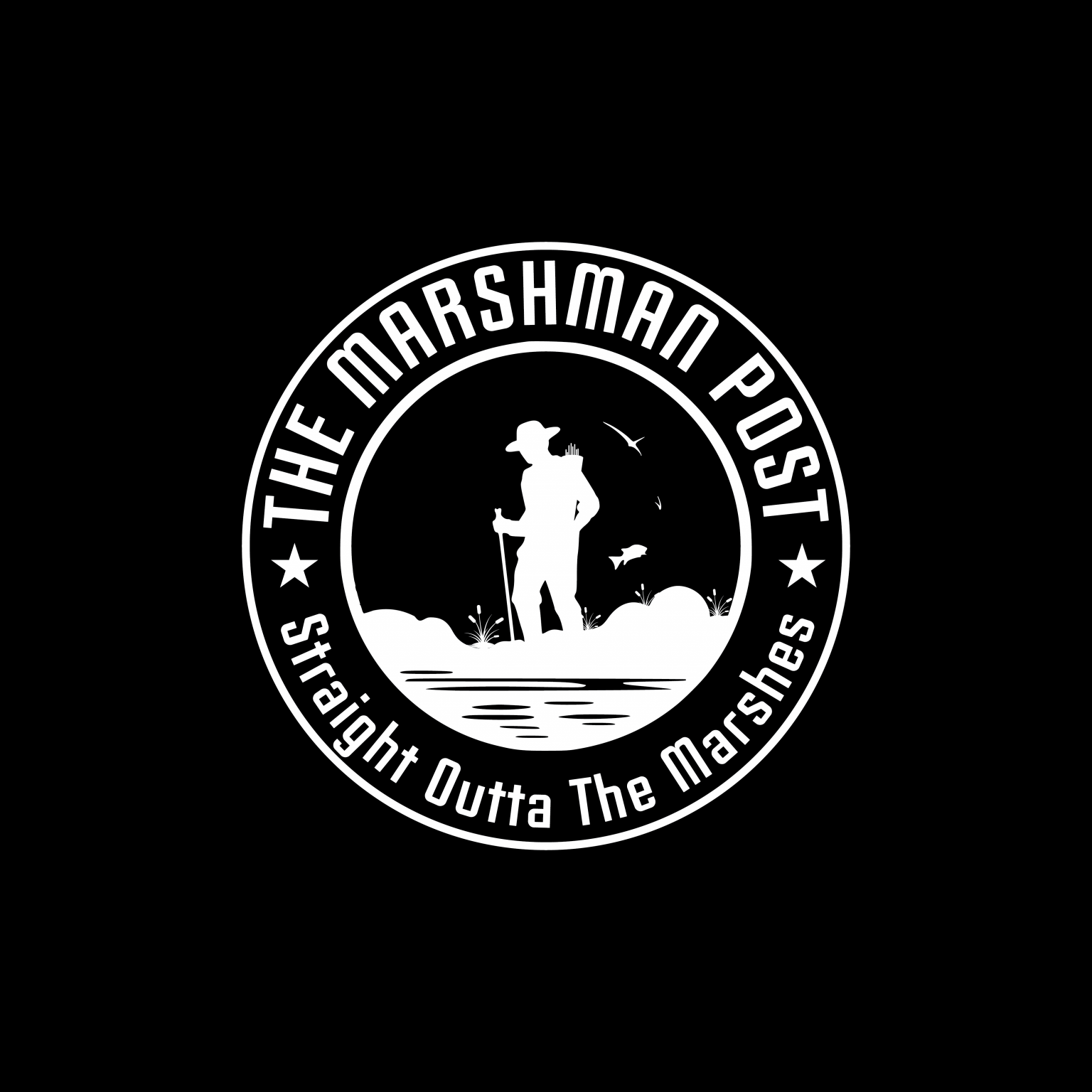Introduction:
The spirit of entrepreneurship has long been hailed as a driving force behind economic growth and innovation. As the global business landscape evolves, the nuances of entrepreneurial mindsets differ across regions, shaping the strategies and outcomes of ventures. In this article, we delve into the distinctions between the entrepreneurship mindsets in Europe and the USA, exploring how cultural, regulatory, and economic factors contribute to unique approaches to business creation and development.
Cultural Perspectives on Risk-Taking:
The attitude towards risk-taking plays a pivotal role in shaping the entrepreneurial landscape. In the United States, a culture traditionally associated with risk-taking, failure is often viewed as a stepping stone to success. The “fail fast, fail often” mantra of Silicon Valley epitomizes this mindset, emphasizing the value of learning from setbacks and adapting quickly.
Conversely, in many European countries, there tends to be a more risk-averse approach to entrepreneurship. The fear of failure, often accompanied by social stigma, can discourage individuals from taking bold entrepreneurial steps. According to the Global Entrepreneurship Monitor (GEM), the fear of failure rate is generally higher in European countries than in the United States.
Janet Roberts, a business psychologist, notes, “In the U.S., failure is often seen as a badge of honor, showcasing resilience and the ability to take risks. In Europe, there’s a greater emphasis on stability and caution, which can impact the willingness to undertake entrepreneurial ventures.”
Investment Climate and Access to Capital:
The availability of funding is a critical factor influencing entrepreneurial endeavors. In the United States, a robust venture capital ecosystem supports a dynamic startup culture. According to data from PitchBook, the U.S. venture capital investment reached a record $164 billion in 2021, demonstrating the depth of financial support available for innovative ventures.
In contrast, Europe historically faced challenges in matching the scale of venture capital activity seen in the U.S. While the European venture capital landscape has been growing steadily, access to capital remains a concern for entrepreneurs, particularly in the early stages of business development.
Marta Gomez, Managing Partner at a European venture capital firm, comments, “While Europe has made significant strides in venture capital, there’s still work to be done in creating an ecosystem that rivals the U.S. in terms of funding accessibility. This is crucial for fostering a vibrant startup culture.”
Regulatory Environment and Entrepreneurial Support:
The regulatory environment significantly influences the ease of doing business and the support available for entrepreneurs. The United States is often lauded for its business-friendly regulations, with a streamlined process for company formation, flexible labor laws, and tax incentives for startups.
In Europe, the regulatory landscape varies widely across countries, presenting a more complex landscape for entrepreneurs. While the European Union has made efforts to harmonize regulations, cultural and historical differences persist. The World Bank’s Ease of Doing Business Index reflects the diversity in regulatory environments across European countries.
Thomas Becker, CEO of a European startup advocacy organization, remarks, “Entrepreneurs in Europe often face a patchwork of regulations that can hinder cross-border activities. Harmonizing policies and creating a more unified regulatory framework could significantly boost the entrepreneurial ecosystem.”
Cultural Attitudes Toward Innovation and Collaboration:
Cultural attitudes towards innovation and collaboration shape the way entrepreneurs approach challenges and seek opportunities. In the U.S., a culture that values disruption and celebrates innovation has given rise to tech hubs such as Silicon Valley. The openness to experimentation and the celebration of “unicorn” startups embody the American entrepreneurial spirit.
In Europe, there’s a strong emphasis on collaboration and sustainability. While innovation is valued, there’s often a focus on solutions that address societal challenges and align with environmental and social goals. European entrepreneurs often integrate sustainability into their business models, reflecting a broader societal concern for environmental impact.
Sophie Müller, Founder of a sustainable tech startup in Germany, notes, “In Europe, there’s a growing recognition that businesses can be a force for positive change. Many entrepreneurs are driven by a sense of responsibility to address social and environmental issues.”
Conclusion:
The entrepreneurship mindset in Europe and the USA is shaped by a complex interplay of cultural, regulatory, and economic factors. While the U.S. fosters a culture of risk-taking, rapid innovation, and abundant venture capital, Europe embraces a more cautious yet collaborative approach, often emphasizing sustainability and societal impact.
Understanding these distinctions is essential for investors, policymakers, and aspiring entrepreneurs seeking to navigate the intricacies of global business landscapes. As the entrepreneurial ecosystem continues to evolve, recognizing and appreciating the diversity of mindsets across regions is crucial for fostering a dynamic and inclusive global economy.
Photo credit: Donald Trung Quoc Don, via Wikimedia Commons


